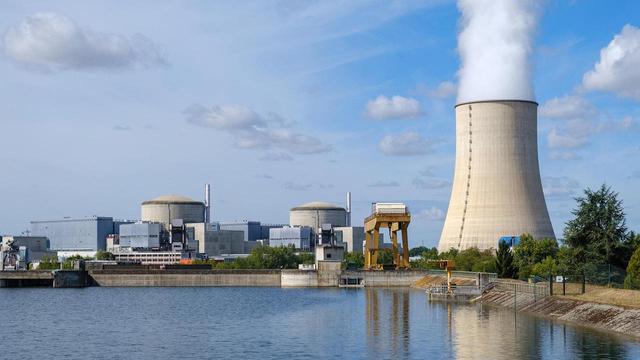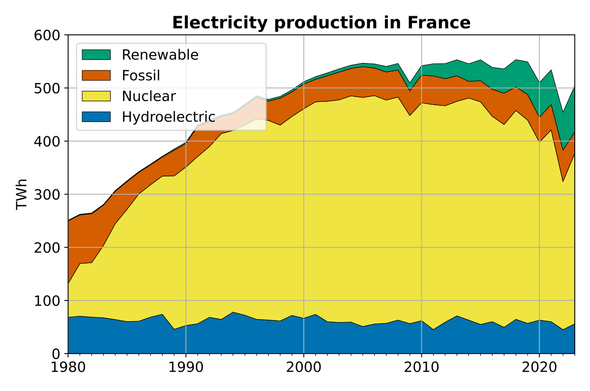It's end of June, and #NuclearPowerPlant|s in #France already have to decrease their power output because the water in the rivers is too warm to provide proper cooling.
#NuclearPower is not a sustainable, reliable source of energy unless we manage to stop the #climatecatastrophe first (which, realistically, we won't, even though we have to).



